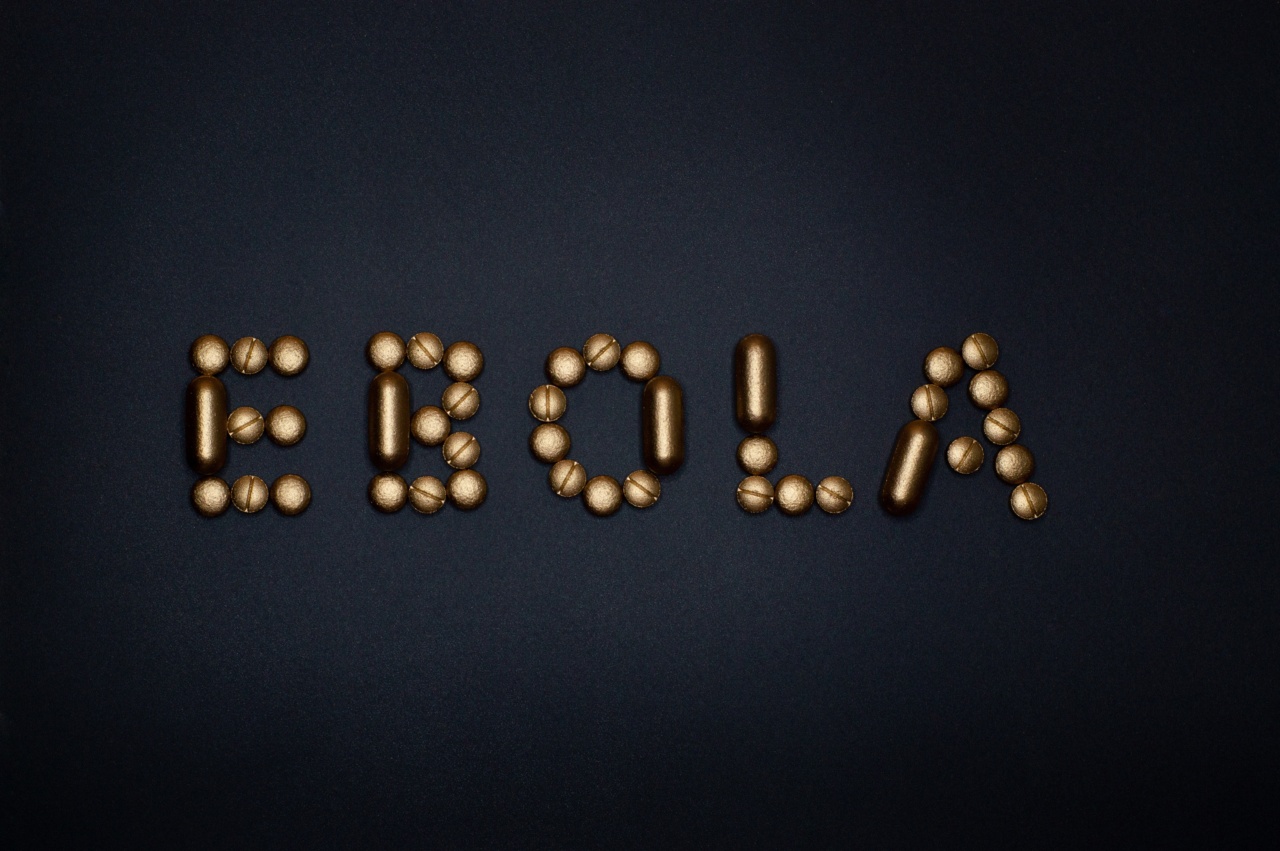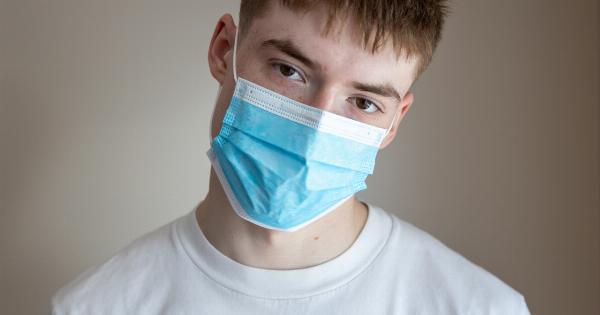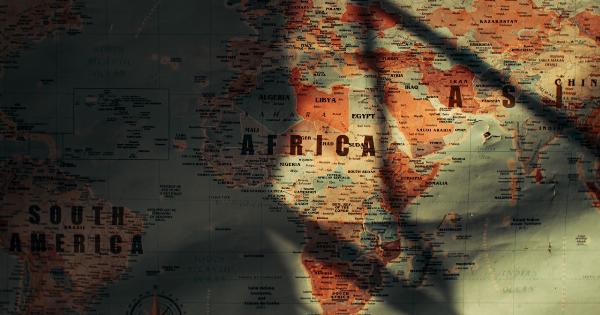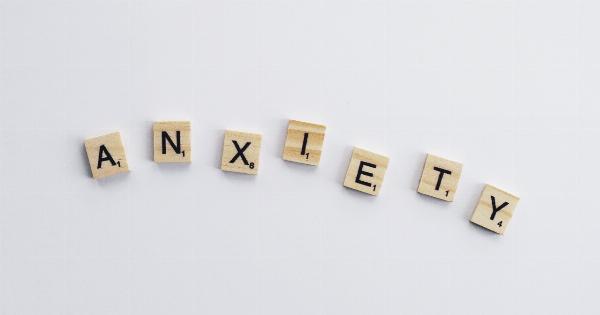Ebola is a deadly and highly infectious disease that has claimed thousands of lives in Africa. With no proven cure or specific treatment for the virus, many people have resorted to desperate measures in search of a remedy.
Unfortunately, amidst the chaos and fear, numerous false and misleading claims have emerged, suggesting that common items such as coffee and onions can cure Ebola. In this article, we debunk these unfounded claims and emphasize the importance of relying on scientific evidence and medical expertise in the face of such a devastating disease.
Understanding Ebola: A Devastating Disease
Ebola, also known as Ebola virus disease (EVD), is caused by the Ebola virus, which belongs to the family Filoviridae. The disease was first discovered in 1976 in a village near the Ebola River in what is now the Democratic Republic of Congo.
Since then, there have been several outbreaks, with the most widespread and severe occurring between 2014 and 2016 in West Africa.
Ebola is transmitted to humans through close contact with the blood, secretions, organs, or other bodily fluids of infected animals such as bats and primates.
It can then spread through human-to-human transmission via direct contact with blood, secretions, organs, or other bodily fluids of infected individuals. The virus can also be contracted by touching surfaces or objects contaminated with these fluids.
Once a person is infected, the Ebola virus causes severe illness with symptoms including fever, fatigue, muscle pain, headache, and sore throat.
These symptoms are followed by vomiting, diarrhea, rash, impaired kidney and liver function, and, in some cases, internal and external bleeding. The disease has a high mortality rate, with an average fatality rate of around 50%, although it has varied between outbreaks.
The Importance of Scientifically Backed Treatments
Given the severity of Ebola and its devastating consequences, it is crucial that any claims of a cure or treatment are based on rigorous scientific research.
Misinformation and unfounded claims can lead to false hope or even dangerous practices that may further spread the virus or put individuals at risk.
Currently, there is no proven cure for Ebola. However, supportive care and treatment can significantly improve the chances of survival. This includes maintaining hydration, managing symptoms, and treating any complications that arise.
Experimental drugs and therapies are also being developed and tested, but their effectiveness is still being evaluated through rigorous scientific processes.
The Coffee and Onions Myth
Throughout the Ebola outbreak, various rumors and misinformation have circulated, leading some to believe that everyday items like coffee and onions can cure or prevent the disease.
These claims often spread rapidly through social media and word-of-mouth, causing unnecessary panic and confusion.
One popular misconception is that drinking or consuming large amounts of coffee will somehow kill or suppress the Ebola virus. This belief likely stems from the fact that coffee contains certain antimicrobial properties.
While these properties may help prevent or combat certain bacterial infections, they have no proven effect on viruses, including Ebola.
Similarly, the notion that onions can cure Ebola is entirely unfounded. Onions, like garlic and other members of the Allium family, do possess antimicrobial properties.
However, there is no scientific evidence to suggest that consuming or applying onions can counteract the Ebola virus or provide any significant therapeutic benefits against the disease.
Why False Claims Persist
It is essential to understand why false claims related to curing Ebola with items like coffee and onions persist. One reason is the lack of trust in conventional medicine and the desperation people feel when faced with a life-threatening disease.
In regions where the healthcare system may be inadequate or inaccessible, individuals often seek alternative remedies out of desperation or distrust in authorities.
In addition, the rapid spread of misinformation through social media platforms plays a significant role in the persistence of false claims. Misleading information can be easily disseminated, reaching a wide audience before it can be debunked.
This highlights the importance of reliable sources and fact-checking in the digital age.
The Role of Scientific Research and Healthcare Professionals
During public health emergencies such as Ebola outbreaks, it is crucial to rely on scientific research and the expertise of healthcare professionals.
The World Health Organization (WHO) and other reputable institutions play a vital role in disseminating accurate information, coordinating response efforts, and conducting studies to find effective treatments and preventions.
By adhering to evidence-based practices and guidelines, healthcare professionals can provide the best possible care to affected individuals, as well as educating the public on proven preventative measures and debunking false claims.
Furthermore, scientists and researchers continue to work tirelessly to develop vaccines and therapeutic interventions that can combat Ebola effectively.
Conclusion: Depend on Scientific Evidence and Medical Expertise
In times of crisis and uncertainty, it is natural to seek quick solutions and hope for a cure. However, when it comes to a complex and deadly disease like Ebola, it is crucial to rely on scientific evidence and the expertise of healthcare professionals.
False claims, such as those suggesting coffee and onions can cure Ebola, not only offer false hope but may also perpetuate the spread of the disease and further endanger lives.
We must prioritize rigorous research, fact-checking, and reliance on credible sources to combat Ebola effectively.
By doing so, we can help contain the disease, save lives, and prevent the circulation of misleading information that only adds to the chaos and despair during an outbreak.






























